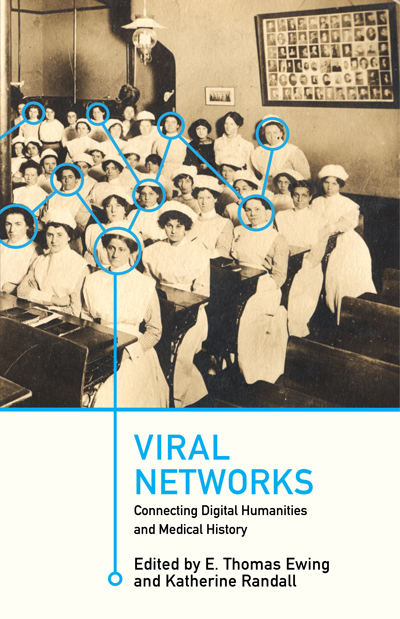QBARS - v21n1 New By-Laws
New By-Laws
Edward B. Dunn
A complete draft of the proposed new By-Laws is published in this issue of the Bulletin. Members are urged to study these changes and to use the enclosed ballot to vote approval.
This new constitution is presented after many hours of deliberation, consideration and editing on the part of members of the two-year old committee and the Directors. All chapters were urged to send in ideas and recommendations. Many have done so; as have individual members, and all suggestions have been considered. Thus, the proposed By-Laws are the result of a Society-wide effort.
As in most organizations, our constitutions need amending and revision -modernization-in order to cope with changing times and conditions. The principal changes, aside from amplification, are threefold:
- A. To establish and emphasize our non-profit, tax-exempt position. With the Internal Revenue Department questioning so many organizations these days it behooves us to have our tax position stated very clearly in the By-Laws.
- B. Allows dues for all classes of membership to be set by the Board.
The ARS has existed since World War II with the same dues rate. Certainly, we made a great deal of progress during those years but costs have advanced so much that we are no longer able to do more than just exist. This is not enough, as we all know. To be justified, an organization must grow and expand in service to its members. In most similar societies the power to change dues is vested in the Board and, in view of the rapidly changing economy in this country, this is the only way to maintain a necessary flexibility. Following are a few of the benefits possible with a modest increase in dues income:
- Improve and expand the Bulletin, with more and better photographs included.
- Distribute more cultural information for new members and prospects. By giving more service we will increase our membership thus enabling the Society to be more effective. We have hardly scratched the surface in membership.
- Develop and disseminate more ratings and cultural information for the more difficult parts of the country.
- Provide a national library of books and slides available to chapters and other horticultural organizations. Eventually, set up a permanent office.
- Expand the seed exchange program.
- Develop more exchange of information between chapters and assist chapters in providing worthwhile programs.
- Establish and assist in research projects, educational programs and developmental work in the fields of hybridization, genetics and selection.
- Encourage and assist in the establishment of additional test and display gardens.
- To join in, as well as initiate, plant hunting expeditions.
- Assist in the campaign for beautification of America by encouraging and assisting the proper planting of the genus in parks, roadsides, etc., and to combat our growing landscape blight.
These are just a few of the thing, under consideration by your Long Range Planning Committee and all are possible without much more money. There are many other exciting possibilities for a vigorous and solvent Society. The Board does not contemplate any great increase in dues but, if the By-Laws are approved, the Directors will set a schedule consistent with that of comparable organizations.
- C. Modernize elections.
The election of directors is much as before, except that nominations will be proposed earlier. The new laws call for officers to be selected by the Board. This is in line with modern practice for organizations of a national character. However, it will he necessary for the Board to set up an election procedure that will enable ALL directors to vote for officers, by mail, if necessary.
It is hoped that the membership will promptly approve these well-considered changes. If approved, the Constitution will go into effect on July 1, 1967.
Only votes on the official Ballots received by March 15 will be counted.
